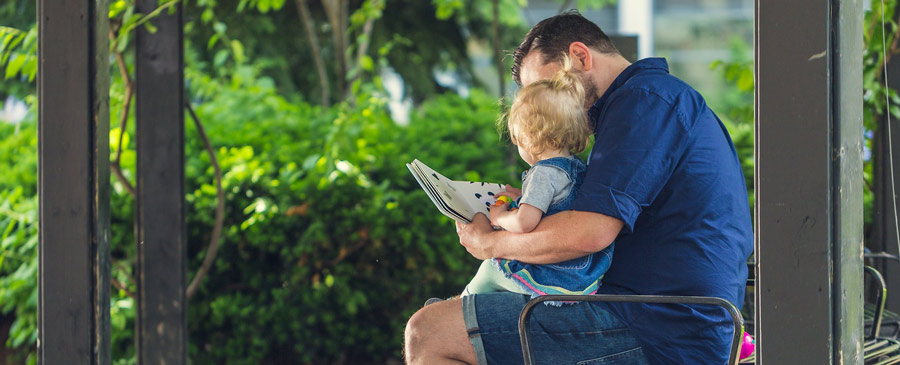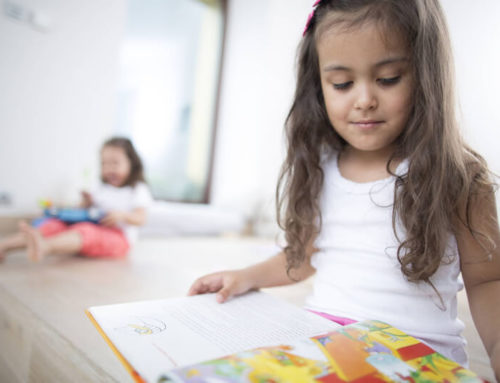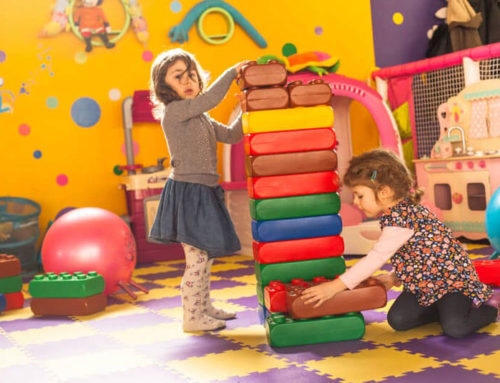
To support your child’s speech and language development, it’s important to understand what to expect from them, and how you can encourage and help them to improve, without being too harsh, pushy, or uninvolved.
Baby Months
From a child’s birth, you should start talking to them. Talk about what you’re doing, what your plans are for the day, or describe what you are doing when you are cooking, or changing their nappies, for example.
Once they are a little older and start cooing and babbling, make sure you respond to them and take turns at talking/babbling and listening. This helps them learn very important social skills, and starts nurturing the notion that you pay attention to them and what they have to “say.”
1 to 2 Years
This is when your child will start vocally making sense of the world around them. They will start putting words together to communicate – usually two words at a time, e.g. “me juice”, “shoe foot”, “doggie out.”
To support their learning, we recommend that you don’t correct them in a negative way, but that you rather repeat what they are trying to say and respond accordingly. For example, if your toddler says: “me juice,” you should say “can I have some juice? Oh, yes, of course, you can.”
2 to 3 Years
At this stage, you will notice your child’s vocabulary quickly expanding, with them surprising you with new words every day.
This is when they start experimenting with different tenses, like past and present continuous – did, doing – and when they start speaking in turn and holding simple conversations.
To support them in developing their speech and language, make sure you are patient and pay attention to what they are saying, even if it takes them a long time. It’s also a great idea to read books to them and make it a part of your daily routine together, to encourage a love of reading.
Our team of educators at The Brook and The Pocket read to our children every day, and encourage parents to do the same at home. It is a great way for them to work on concentration, expand vocabulary, and let their imaginations free, improving not only speech and language but also so much more.
Please use this information only as a guide. No one knows your child like you do, and if you are concerned with their individual development, seek professional advice with your GP.





